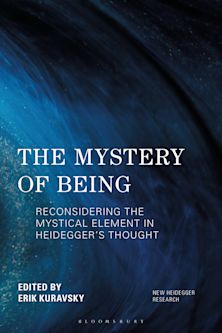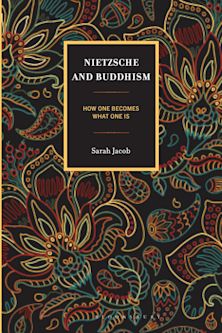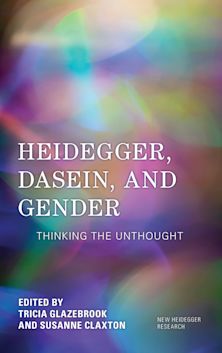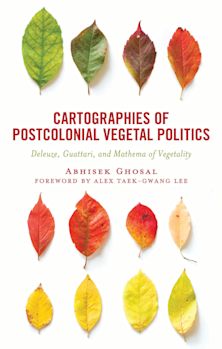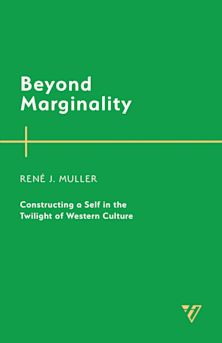This product is usually dispatched within 1 week
- Delivery and returns info
-
Free US delivery on orders $35 or over
Description
The history of slavery, colonization, subjugation, gratuitous violence, and the denial of basic human rights to people of African descent has led Afro-Pessimists to look at black existence through the lens of white supremacy and anti-blackness. Against this trend, Black Existential Freedom argues that Blackness is not inherently synonymous with victimhood. Rather, it is inextricable from existential freedom and the struggle for political liberation.
This book presents an existential analysis of continental and diasporic African experiences through critical interpretations of music, film, and fiction that portray what it means to be human— to persevere in the tension between life and physical, psychological, and social death—for the sake of freedom. With its transdisciplinary perspective and convergence of Africana existential philosophy, African-American Studies, Afro-French Studies, Diaspora Studies, and African studies, this book is not concerned with disciplinary boundaries or certain appropriations of European metaphysics that are committed to a reading of black “non-being.” Black Existential Freedom explores the continuities and discontinuities of black existence and the manifestations and the meanings of blackness within different countries, time periods, and social and political contexts.
Etoke's book empowers the reader to understand and process the complexities of racialized identity in a globalized contemporary society. Ultimately, it is an ode to human survival and freedom.
Table of Contents
I: Diasporic Blues
Chapter 1: Black in Blue: Subjectivity, catastrophe, and memory in Guy Deslauriers' The Middle PassageChapter 2: Sing to Be FreeChapter 3: Haiti 2010, Life Arises from the Rubble
II: Come on Children of the Homeland, the Day of Glory has Arrived
Chapter 4: Black in Blue, Red, and WhiteChapter 5: "COMMUNITY" and "COLOR" : Black in Blue White and RedChapter 6: I Remember Therefore I suffer/I Remember Therefore I am
III: I called from the depth
Chapter 7: Human/Non-Human: The Negative Utopia of Sub-Saharan African MigrationChapter 8: The other Nègre: Treatment of Lesbian, Gay, Bisexual, and Transgender People in Uganda and South Africa
Conclusion
Product details
| Published | Nov 17 2022 |
|---|---|
| Format | Hardback |
| Edition | 1st |
| Extent | 170 |
| ISBN | 9781538157060 |
| Imprint | Rowman & Littlefield |
| Dimensions | 9 x 6 inches |
| Publisher | Bloomsbury Publishing |
Reviews

ONLINE RESOURCES
Bloomsbury Collections
This book is available on Bloomsbury Collections where your library has access.


















